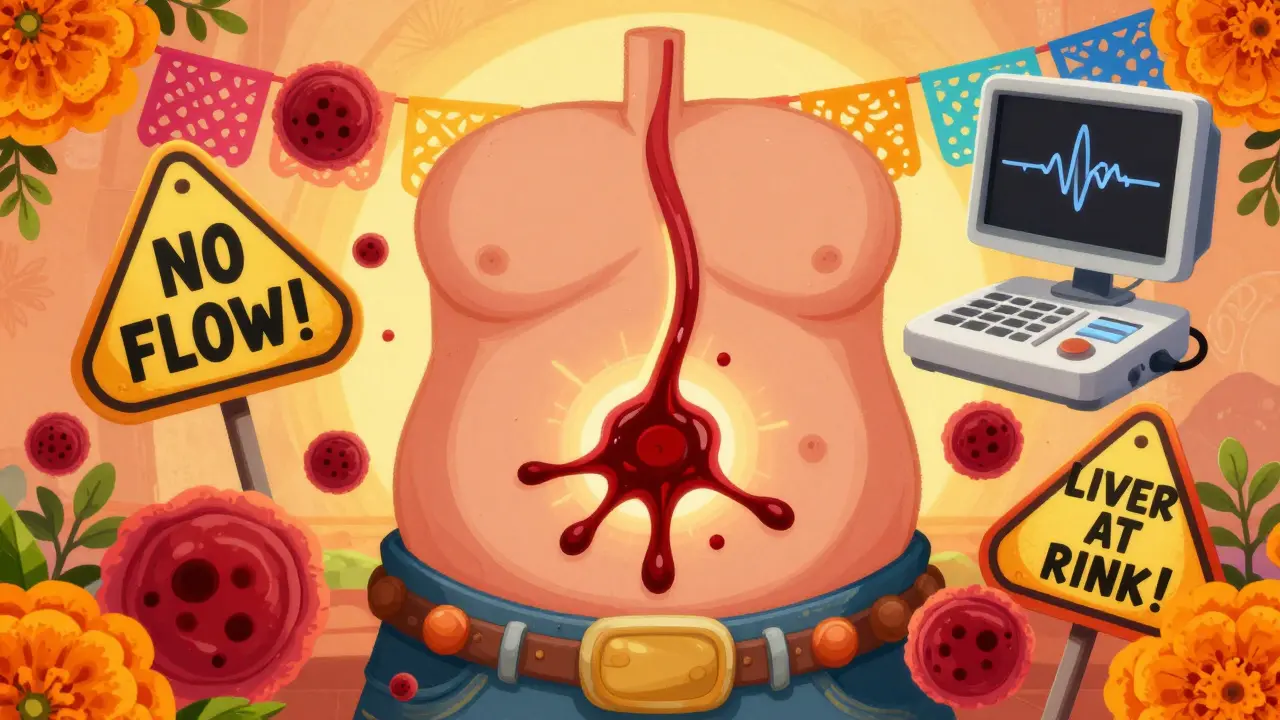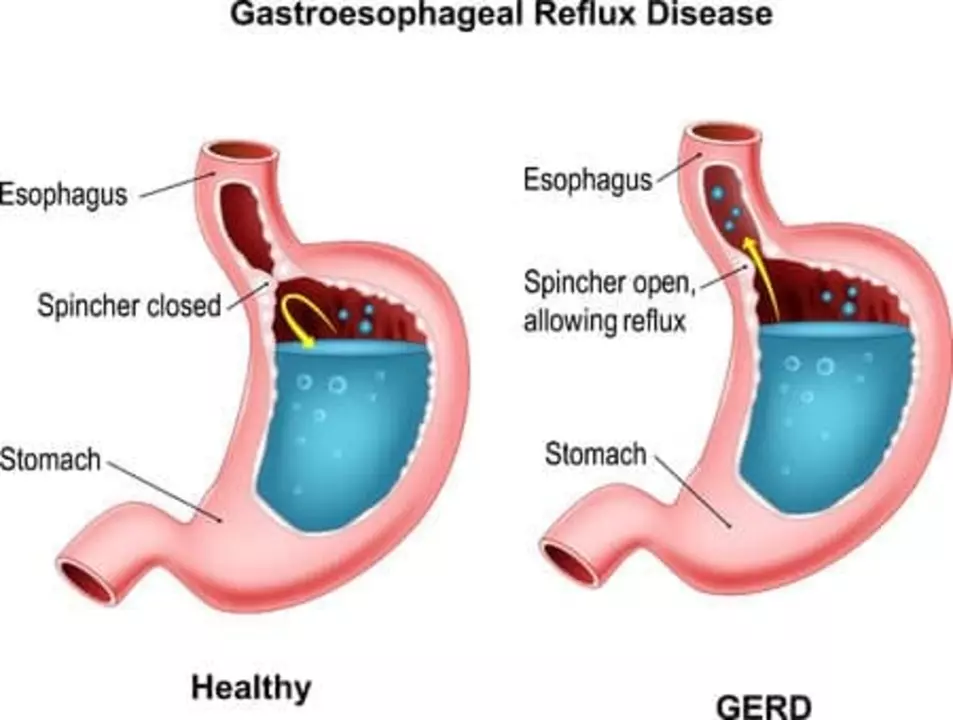Digestive Health Tips & Treatments – Your Simple Guide
Feeling bloated after a big meal? Or maybe you’ve been dealing with occasional stomach pain that just won’t quit. You’re not alone—lots of us struggle with digestive quirks. The good news is that most problems have easy fixes, and when they don’t, modern medicine offers solid options.
Understanding Common Digestive Issues
First off, let’s clear up what’s actually happening inside your gut. Digestion starts the moment you chew, then moves through the stomach and intestines where food is broken down and nutrients are absorbed. Anything that slows this flow can cause symptoms like bloating, fullness, or nausea.
One of the most common culprits is functional dyspepsia—a fancy term for “upset stomach” with no clear disease behind it. It shows up as early satiety (feeling full too quickly), pain in the upper abdomen, and that uncomfortable bloated feeling after eating. Stress, irregular meals, or even certain medications can trigger it.
Another frequent issue is slowed gastric motility, where the stomach empties food slower than normal. This leads to lingering fullness and sometimes acid reflux. Simple lifestyle tweaks—like chewing thoroughly, spacing out meals, and staying active—can jump‑start your gut’s rhythm.
New Medications to Watch
If diet changes aren’t enough, you might hear about newer drugs that target the root of motility problems. One standout is Acotiamide. It works by boosting the muscle contractions that move food through your stomach, so you feel less bloated and get relief from functional dyspepsia.
Acotiamide isn’t a heavyweight pill; it’s designed to have minimal side effects while improving gastric emptying. Patients report fewer episodes of early fullness and a smoother digestion process within weeks of starting the treatment. It’s especially helpful for those whose symptoms persist despite lifestyle adjustments.
Of course, any medication should be discussed with your doctor, but knowing there’s an option that directly tackles stomach movement can give you confidence when managing chronic discomfort.
Besides drugs, over‑the‑counter aids like probiotics and digestive enzymes can also support a healthy gut flora and break down tough foods. Choose strains such as Lactobacillus acidophilus for regular use, and consider enzyme supplements if you often feel heavy after protein‑rich meals.
Bottom line: start with simple habits—regular meals, mindful eating, gentle exercise—and keep an eye on new treatments like Acotiamide if those steps fall short. Your gut is smarter than you think; give it the right signals and it’ll usually find its balance.



